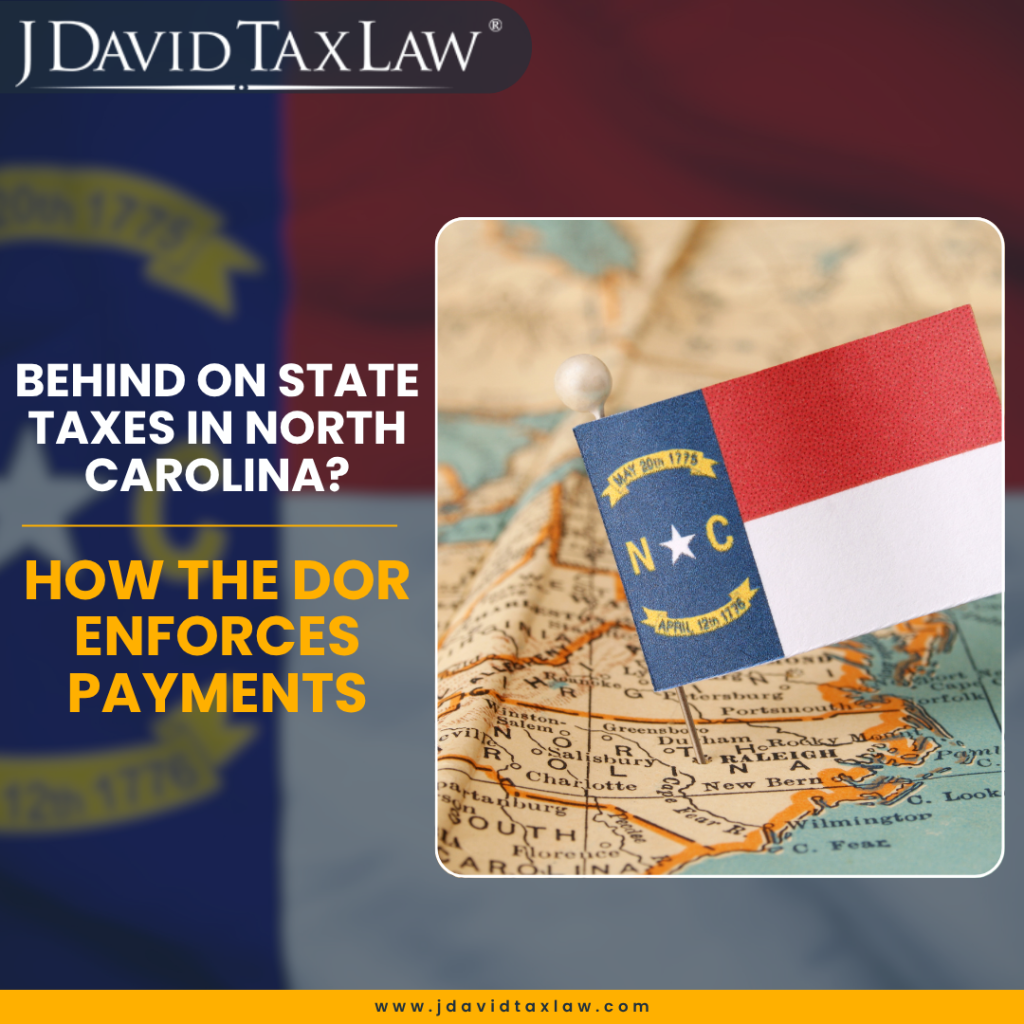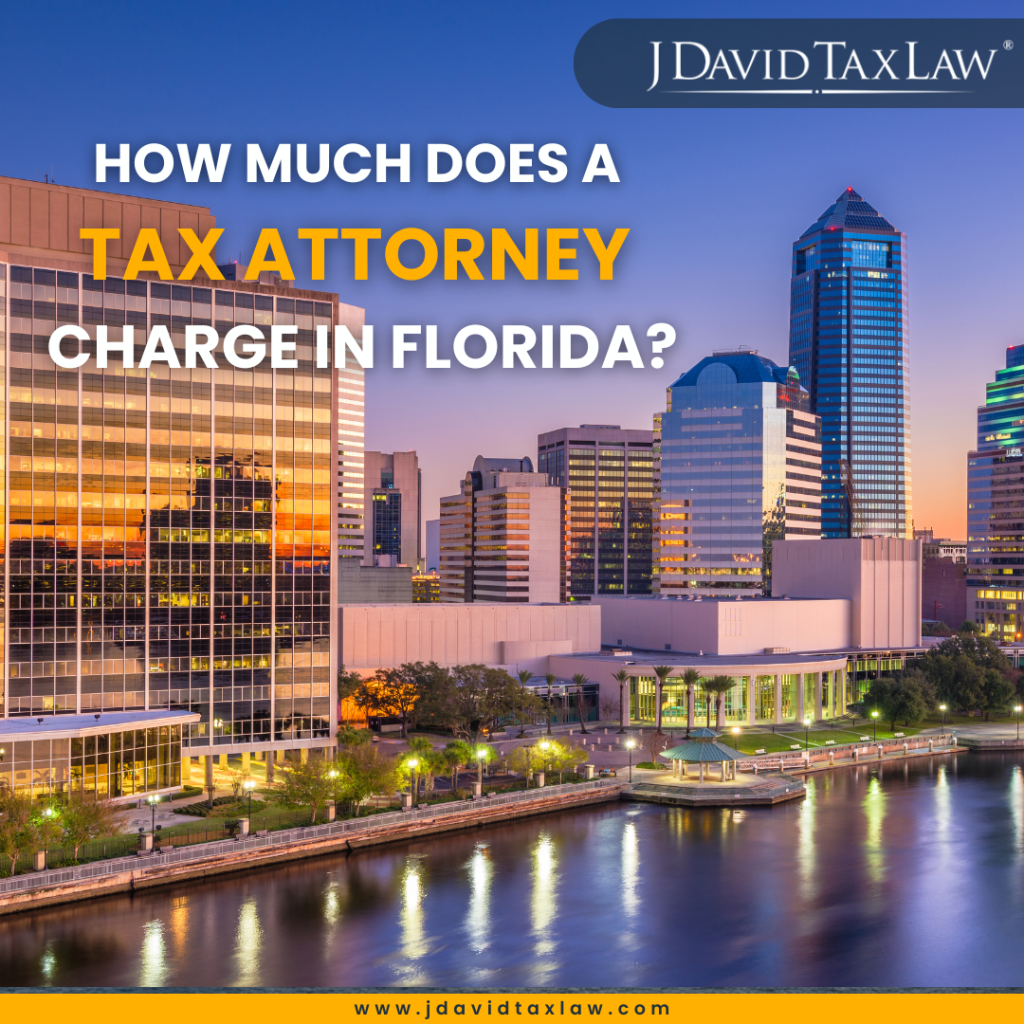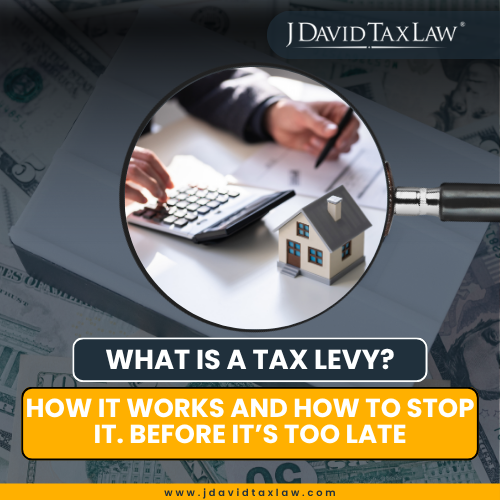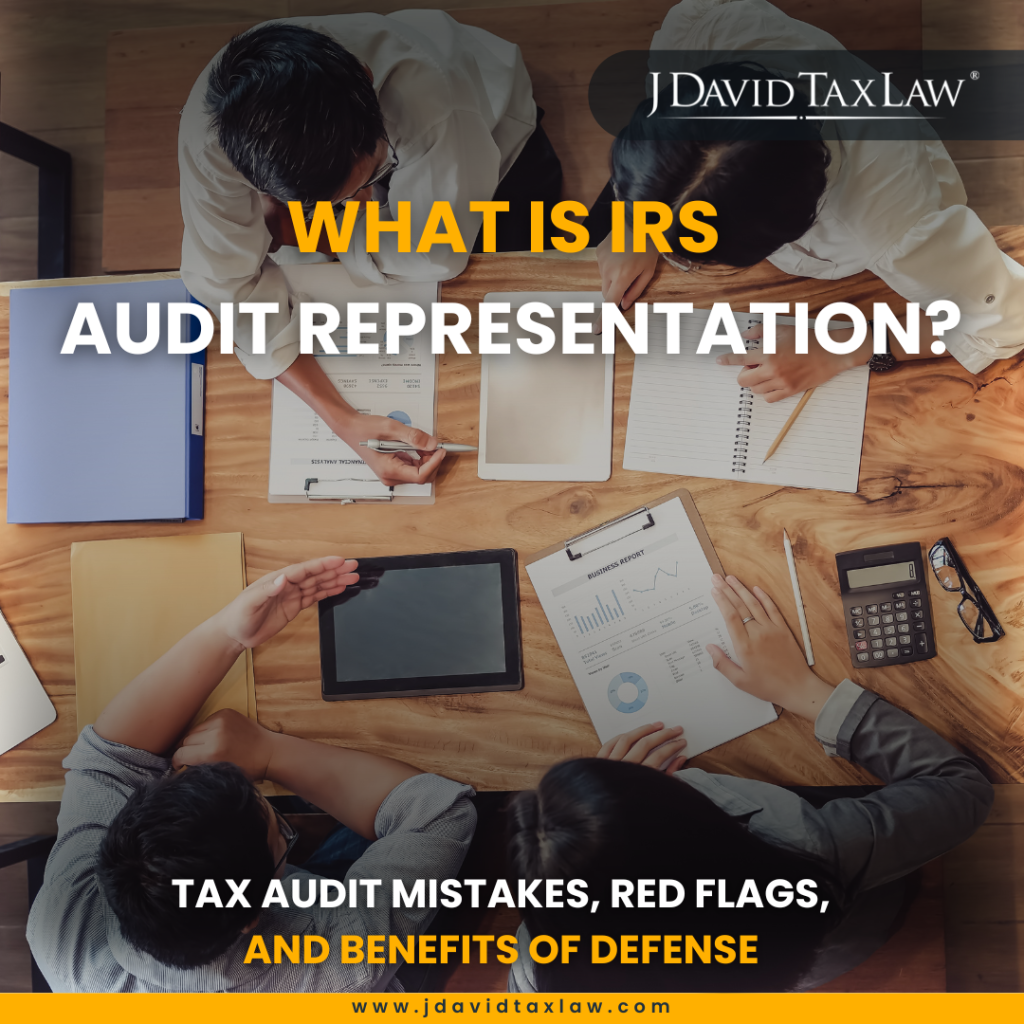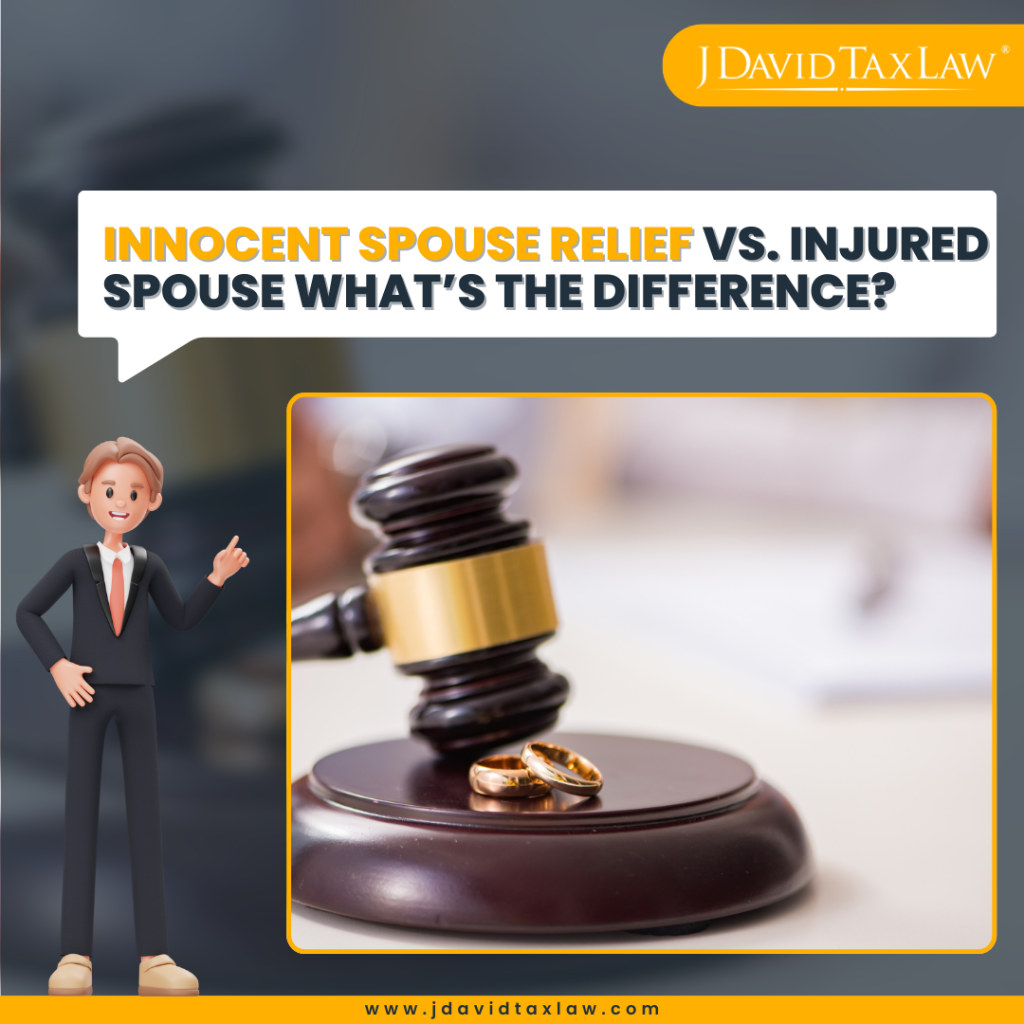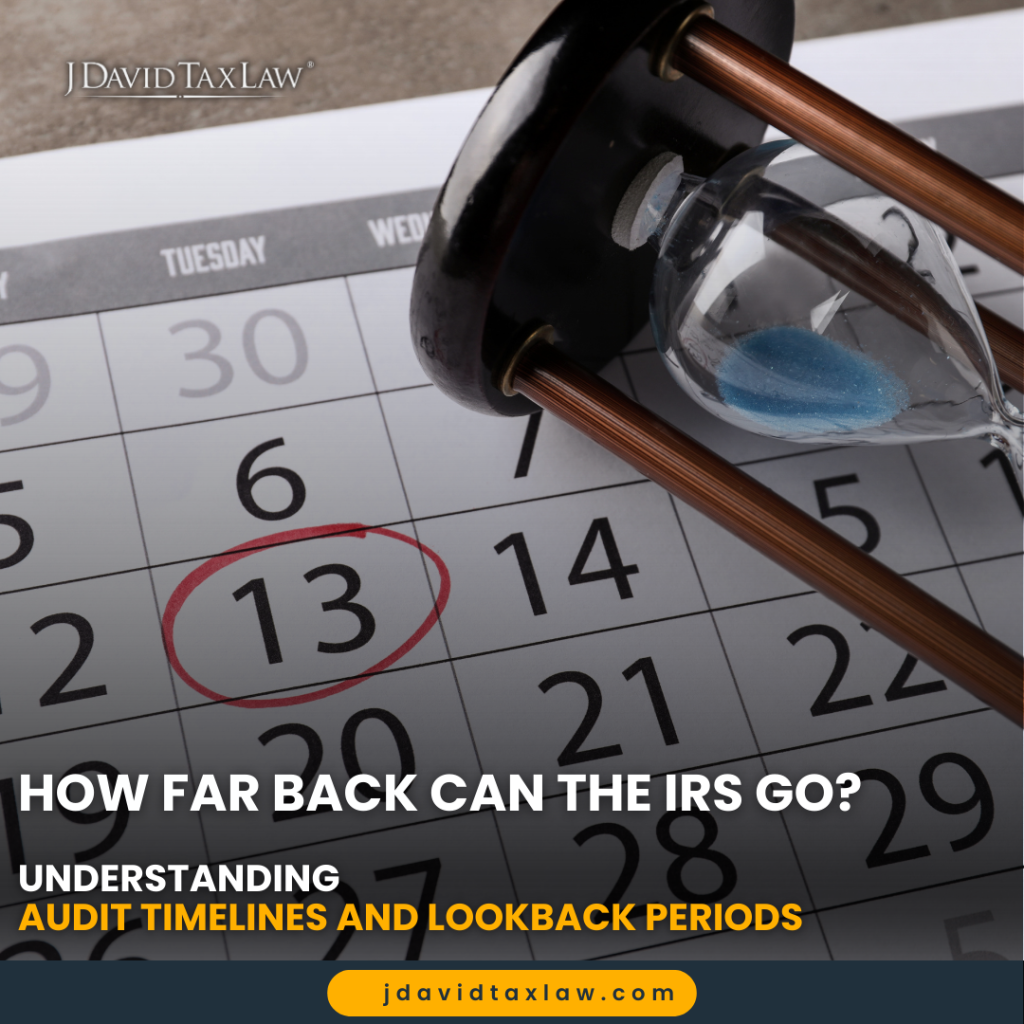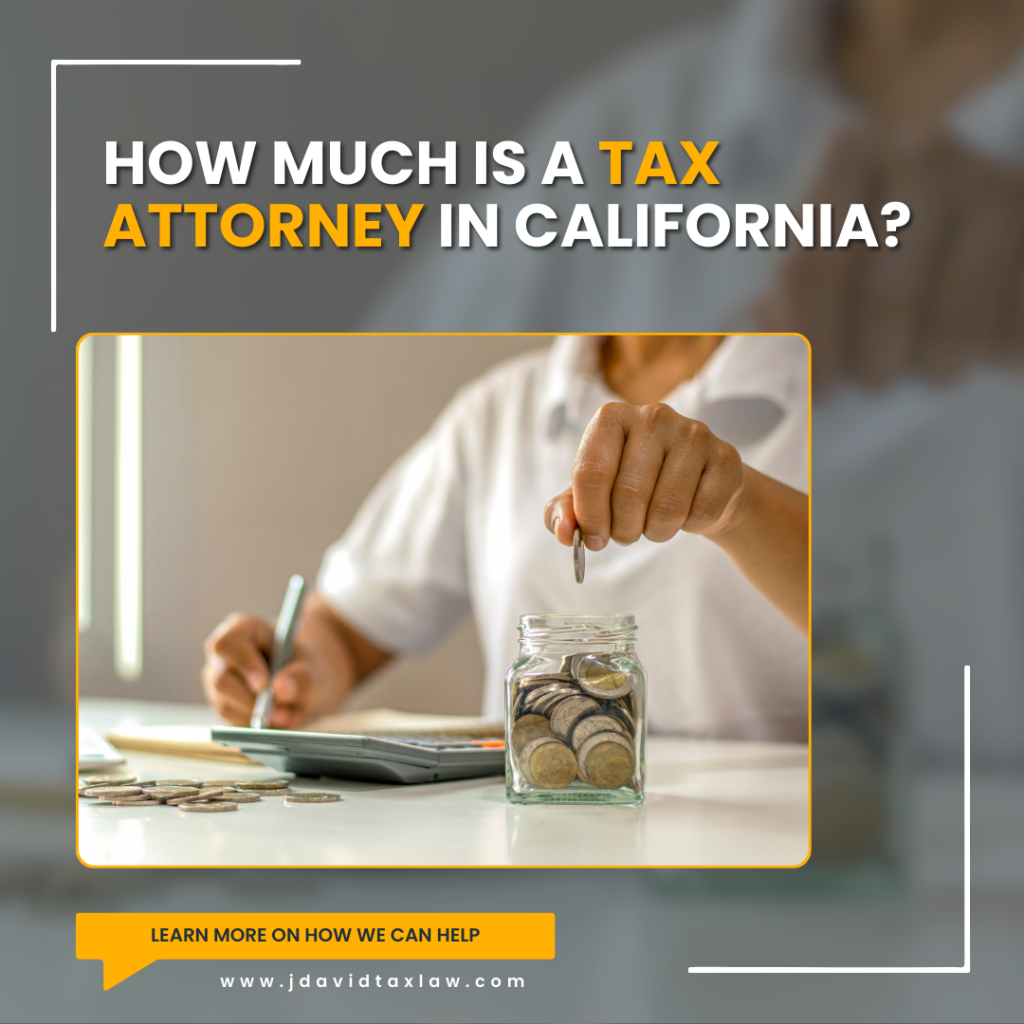North Carolina is facing renewed fiscal pressure. With corporate tax collections falling short and recession risk rising, state economists recently downgraded projected revenues for the coming years. Lawmakers remain divided over how to manage this decline, especially as scheduled income tax cuts are expected to reduce rates from 4.25% to 3.99% in 2026, and possibly to 3.49% or lower if future revenue triggers are met.
With projections of recession, the North Carolina Department of Revenue (NCDOR) will maintain or increase strict enforcement efforts to secure outstanding tax debts. Individuals and businesses that fall behind on obligations may face liens, wage garnishment, or bank levies, often without prior court approval.
At J. David Tax Law, we help North Carolina taxpayers respond to DOR collections strategically and lawfully. This guide outlines how the state pursues tax debt and what legal protections are available to help you take action before enforcement begins.
What Is North Carolina State Tax Debt
North Carolina state tax debt occurs when an individual or business fails to pay taxes owed to the North Carolina Department of Revenue (NCDOR).
The most common types of debt result from missed or underpaid state tax obligations. Once a debt is assessed, penalties and interest begin to accrue, and the DOR may initiate collection actions.
Individual Income Tax
North Carolina imposes a flat individual income tax rate of 4.5% as of the 2024 tax year. Taxpayers who fail to file or pay income tax on time face a 10% late payment penalty (assessed once) and interest compounded daily until the balance is paid. The DOR can also issue tax liens and initiate garnishment or levy actions if balances remain unpaid.
Sales and Use Tax
North Carolina businesses must collect and remit Sales and Use Tax on taxable sales. The state base rate is 4.75%, with local rates adding up to 7.5% total in some counties (such as Durham and Mecklenburg). Unpaid sales tax is a frequent trigger for aggressive enforcement, including liens and referrals to private collection agencies.
Withholding Tax
Employers are required to withhold North Carolina income tax from employee wages and remit it to the DOR. If an employer fails to remit this withholding tax, the DOR may pursue collection not only from the business but also from responsible individuals personally.
Franchise Tax and Other Business Taxes
Businesses in North Carolina must also pay an annual Franchise Tax, which is calculated based on net worth. Non-payment of Franchise Tax can result in loss of good standing and enforced collection. Other common sources of state tax debt include excise taxes and privilege license taxes.
In addition to state-enforced taxes, North Carolina businesses may also owe local taxes, such as property taxes and municipal fees, which are collected by counties and cities, like Charlotte. While these are separate from NCDOR collections, failure to pay them can result in local enforcement actions, including liens or foreclosure, especially for delinquent property taxes.
How North Carolina DOR Enforces State Tax Debt
Once a balance is assessed, the North Carolina Department of Revenue (NCDOR) moves quickly to collect unpaid taxes. The agency has broad authority to enforce collections without court approval, and taxpayers often underestimate how rapidly enforcement can escalate.
Notices and Escalation
NCDOR typically begins with a Notice of Collection, followed by a Final Notice of Collection if the debt remains unpaid. These notices give taxpayers a limited window to respond or arrange payment. If no action is taken, the DOR may proceed to issue a tax lien or initiate garnishment or levy actions.
Unlike the IRS, which often follows a more structured and gradual process, NCDOR may escalate to enforced collection faster, particularly for Sales and Use Tax and Withholding Tax cases.
Tax Liens
If a balance is not resolved, the DOR may file a Certificate of Tax Liability, commonly referred to as a tax lien. This lien becomes public record, is reported to credit bureaus, and attaches to the taxpayer’s property and assets. A filed lien can make it difficult to sell or refinance property and can severely impact credit.
Wage Garnishment
NCDOR can issue a wage garnishment order requiring employers to withhold up to 10% of a taxpayer’s disposable earnings and remit them directly to the DOR. The department is not required to obtain a court judgment before initiating garnishment, which often catches taxpayers by surprise.
Bank Levies
The department may also issue a bank levy by serving a Notice of Bank Levy on the taxpayer’s financial institution. Funds on deposit at the time the levy is processed may be frozen and turned over to the DOR to satisfy the debt. Bank levies in North Carolina can occur shortly after the Final Notice of Collection if no resolution is reached.
Private Collection Agencies
North Carolina DOR frequently refers delinquent accounts to private collection agencies authorized to pursue the debt. These agencies may initiate phone calls, send collection letters, and pursue aggressive enforcement on behalf of the DOR. Once a case is in the hands of a private collector, it can become more challenging to negotiate directly with the state.
You should seek the help of local tax lawyers with experience providing IRS and NCDOR tax debt resolution if your situation becomes overwhelming.
Legal Options for Resolving North Carolina State Tax Debt
If you are facing collection actions from the North Carolina Department of Revenue, it is important to understand that you do have legal protections, but navigating the system without professional guidance can be risky.
Installment Agreements
NCDOR allows qualifying taxpayers to request an installment payment agreement to resolve state tax debt over time. However, interest and penalties continue to accrue, and the department may require substantial financial disclosure before approving a plan.An experienced tax attorney can help negotiate terms that fit your situation and ensure the agreement protects you from further enforcement while payments are made.
Offer in Compromise
North Carolina does offer an Offer in Compromise (OIC) program in limited circumstances. The DOR may consider an OIC if:
-
The taxpayer is financially unable to pay the full debt.
-
The debt is legally uncollectible.
-
It is in the state’s best interest to settle for less than the full amount.
Approval is not automatic, and the DOR carefully reviews each application. A strong legal submission, with proper financial documentation and argumentation, significantly improves the chance of acceptance.
Hardship Relief
While North Carolina does not have a formal Currently Not Collectible (CNC) status like the IRS, the DOR may agree to temporarily suspend collection based on documented financial hardship.This is typically negotiated through legal representation and is not guaranteed. Demonstrating hardship and securing a hold on collection requires strategic advocacy.
Penalty Abatement
North Carolina allows for penalty abatement where the taxpayer can show “reasonable cause” for noncompliance, such as serious illness, natural disaster, or other extraordinary circumstances.Properly documenting reasonable cause is essential, and legal guidance can help ensure the request is fully supported and submitted per state procedures.
What to Do If You Are Facing North Carolina DOR Collections
If you have received a Notice of Collection or Final Notice of Collection from the North Carolina Department of Revenue or have been contacted by a private collection agency, time is critical. NCDOR collections can escalate quickly, and many enforcement actions, such as liens, garnishments, and bank levies, can occur without court approval.
Review All Notices Carefully
Do not ignore communications from the North Carolina Department of Revenue. Notices contain important deadlines and information about your rights and options. Failing to respond can lead to accelerated enforcement.
Do Not Rush Into a Payment Plan
While the DOR often encourages immediate payment or installment agreements, not all plans are in the taxpayer’s best interest. Without legal guidance, you may agree to terms that do not protect you from additional penalties or enforcement.
Seek Legal Representation Immediately
A tax attorney can intervene quickly to negotiate with the DOR, request holds on enforcement, and help you pursue relief options such as an Offer in Compromise or penalty abatement. Professional representation is especially important once liens, garnishments, or levies are threatened or in progress.
Coordinate Your Response to All Tax Debt
If you owe both North Carolina and IRS tax debt, it is essential to coordinate your response. Agreements with the state do not automatically protect you from federal enforcement, and vice versa. A unified legal strategy can help prevent unexpected collection actions.
At J. David Tax Law, we have deep experience helping North Carolina taxpayers navigate DOR collections and protecting clients from aggressive enforcement.
Resolve North Carolina State Tax Debt With Confidence
North Carolina DOR collections can move quickly, and state tax debt enforcement often catches taxpayers off guard. Understanding your legal options — and acting before liens, garnishments, or levies occur — is critical to protecting your finances.
At J. David Tax Law, we help clients in Charlotte, Fayetteville, Raleigh, and North Carolina navigate the state’s complex tax collection process. You will get legal protection from our attorneys whether you are facing a Notice of Collection, an aggressive private collector, or potential enforcement actions.
Learn more about our North Carolina tax debt legal services here, or call us today at (888) 342-9436 for a free, confidential consultation.





